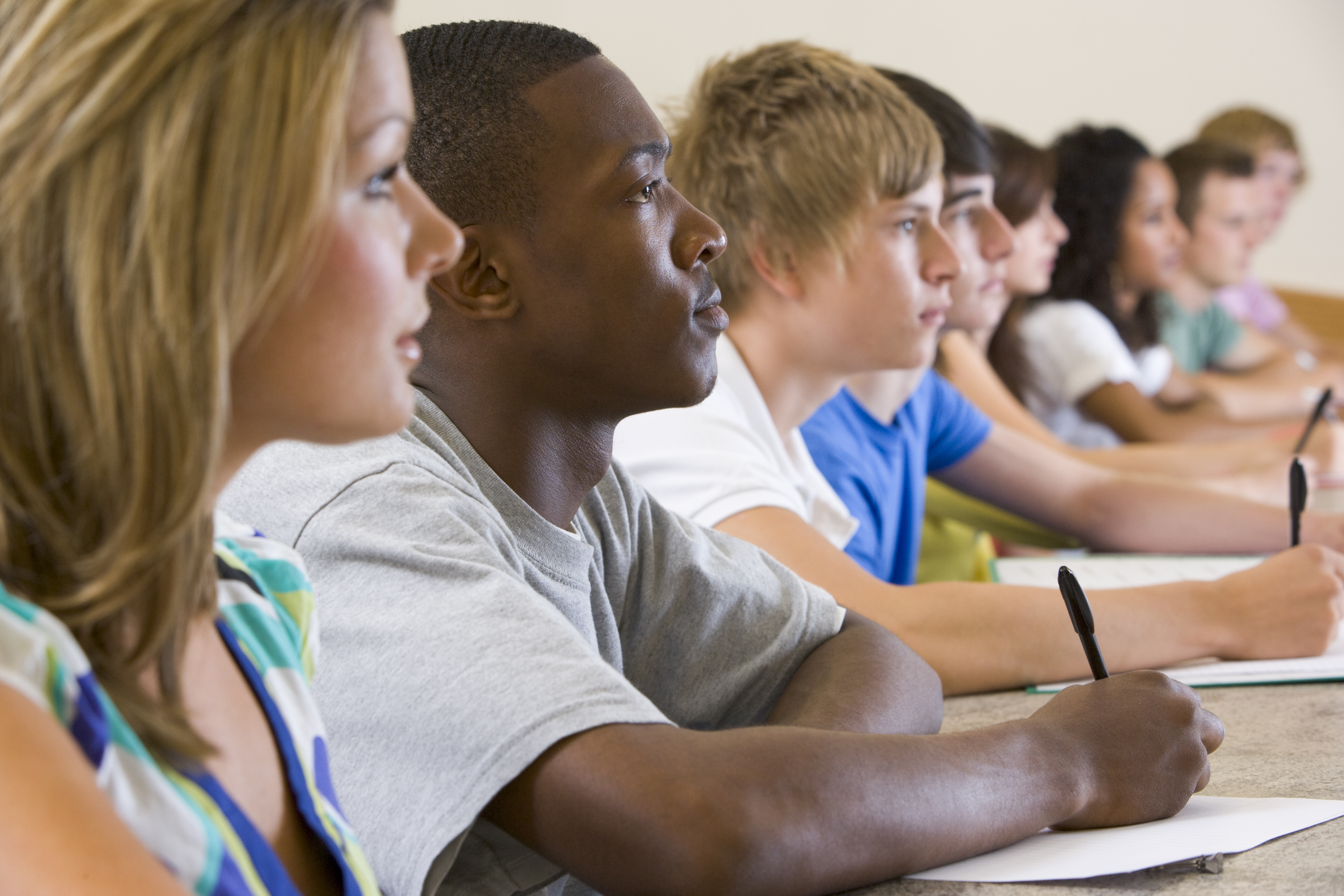
Developmental Science Juan Del Toroand Ming-Te Wang
Minnesota Population Center member Juan Del Toro’s research examined the consequences of classroom racial stereotype endorsement during adolescence. Specifically, the researchers looked at views around pro-White/anti-Black achievement scores in science and math. The study looked at if stereotype endorsement in the fall predicted students’ achievement scores at the end of the academic year.
- Study used a longitudinal sample of 1722 adolescents enrolled in 86 classrooms
- White American students showed favorable achievement scores in science and math when their classmates endorsed traditional, or pro-White/anti-Black, stereotypes
- Black American students showed worse achievement scores in science and math when their classmates endorsed pro-White/anti-Black stereotypes
- Classroom engagement did mediate the relationship for both Black and White students
These results suggest classrooms may be important conduits for communicating racial stereotypes that create racially hostile STEM learning environments. Initiatives to promote diversity, equity, and inclusion in STEM fields will need to go beyond increasing representation of minoritized individuals and tackle explicit beliefs about racial groups’ abilities in classrooms.